PLANNING YOUR ESSAY
POCKET STUDY SKILLS
Series Editor: Kate Williams, Oxford Brookes University, UK Illustrations by Sallie Godwin
For the time-pushed student, the Pocket Study Skills pack a lot of advice into a little book. Each guide focuses on a single crucial aspect of study giving you step-by-step guidance, handy tips and clear advice on how to approach the important areas which will continually be at the core of your studies.
Published
14 Days to Exam Success (2nd edn)
Analyzing a Case Study
Brilliant Writing Tips for Students
Completing Your PhD
Doing Research (2nd edn)
Getting Critical (2nd edn)
Managing Stress
Planning Your Dissertation (2nd edn)
Planning Your Essay (3rd edn)
Planning Your PhD
Posters and Presentations
Reading and Making Notes (2nd edn)
Referencing and Understanding Plagiarism (2nd edn)
Reflective Writing
Report Writing (2nd edn)
Science Study Skills
Studying with Dyslexia (2nd edn)
Success in Groupwork
Successful Applications
Time Management
Wheres Your Argument?
Writing tor University (2nd edn)
PLANNING YOUR ESSAY
POCKET STUDY SKILLS
Janet Godwin
THIRD EDITION

Janet Godwin, under exclusive licence to Springer Nature Limited 2009, 2014, 2019
All rights reserved. No reproduction, copy or transmission of this publication may be made without written permission.
No portion of this publication may be reproduced, copied or transmitted save with written permission or in accordance with the provisions of the Copyright, Designs and Patents Act 1988, or under the terms of any licence permitting limited copying issued by the Copyright Licensing Agency, Saffron House, 610 Kirby Street, London EC1N 8TS.
Any person who does any unauthorized act in relation to this publication may be liable to criminal prosecution and civil claims for damages.
The author has asserted her right to be identified as the author of this work in accordance with the Copyright, Designs and Patents Act 1988.
This edition published 2019 by
RED GLOBE PRESS
Previous editions published under the imprint PALGRAVE
Red Globe Press in the UK is an imprint of Springer Nature Limited, registered in England, company number 785998, of 4 Crinan Street, London, N1 9XW.
Red Globe Press is a registered trademark in the United States, the United Kingdom, Europe and other countries.
ISBN 9781352006100 paperback
This book is printed on paper suitable for recycling and made from fully managed and sustained forest sources. Logging, pulping and manufacturing processes are expected to conform to the environmental regulations of the country of origin.
A catalogue record for this book is available from the British Library.
A catalog record for this book is available from the Library of Congress.
Contents
Acknowledgements
I thank Kate Williams, colleague, series editor and friend, for her unflagging enthusiasm and support; colleagues who allowed access to materials used; the many students I have supported over the years for having taught me as much as I have taught them (and in particular those who kindly contributed to this book); my daughter Sallie for her common sense and perceptive illustrations; and my son Oli for his patience.
Introduction
It is one of the pleasures of working in a university study advice service to see students marks improve as they begin to understand that there is a generic structure to writing essays. Students concentrate hard on finding facts and trying to write the right answer when they are really being assessed on how they present their argument.
This guide is designed to be easy to follow and picks up the areas that most tutors say are issues for undergraduates at university. It aims to demystify the process of essay writing at university in a show not tell fashion, and uses clear, concise text with illustrations, examples and tips included where this will clarify the point.
This quick reference guide to essay writing covers the complete process: from planning the task, timeline and word count through analysing the question, structuring your essay, to the drafting and redrafting stages. Finally, there is advice about how to reference and use appendices, and then tips on how to use the feedback you get from your tutor. So try the book and see your marks rise!
How to use this guide
If you know what you are looking for, just dip in and out of this guide. For example, you may have lots of ideas but find it hard to structure your essay. For this, go to , which suggests structures for different types of essay.
However, if you find the whole process of essay writing at university a bit overwhelming or your feedback has highlighted areas needing development, then start at the beginning and work your way through. You can miss out bits you dont need for now, but as the guide is quite short why not just look through it all?
Janet Godwin

The purpose of essays
The purpose of essays
Essays are set so you can display your knowledge and understanding. They may have different formats depending on your subject. If you have been given a format to follow, make sure you follow it as closely as you can.
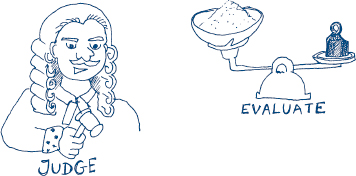
How does doing an essay display your knowledge and understanding?
Writing the assignment involves you in different activities that improve your understanding of the topic.
To write an effective essay you must:
 have a clear idea of what you are being asked to do
have a clear idea of what you are being asked to do
 gather information
gather information
 present your argument
present your argument
 use the language and style most appropriate to the discipline you are studying
use the language and style most appropriate to the discipline you are studying
 do all this in a limited time and limited word count.
do all this in a limited time and limited word count.
In doing this you will be using different academic skills:
 decision making to focus your work
decision making to focus your work
 research skills
research skills
 planning skills to produce a logical argument
planning skills to produce a logical argument
 writing skills used in a way suitable to your discipline
writing skills used in a way suitable to your discipline
 time management and ability to work to deadlines.
time management and ability to work to deadlines.
What does your tutor want?
Your tutor wants to see that you have:
 addressed any learning or knowledge outcomes either for your course or this particular piece of work ( p. 22 )
addressed any learning or knowledge outcomes either for your course or this particular piece of work ( p. 22 )

Next page
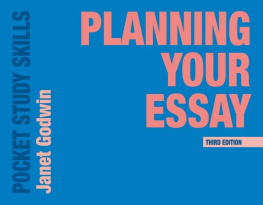

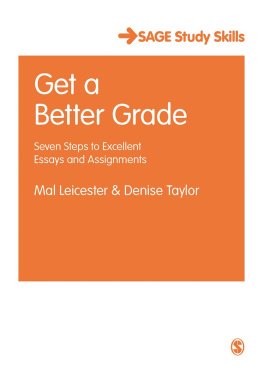
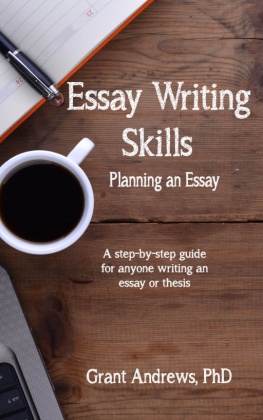
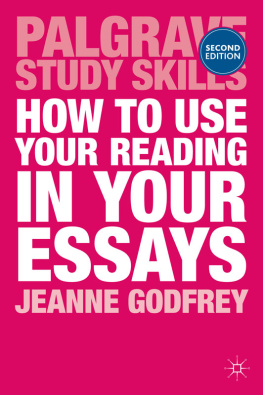
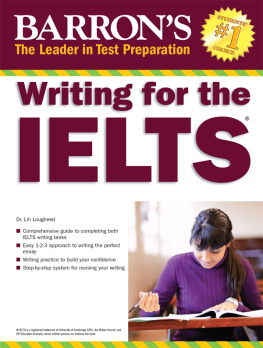

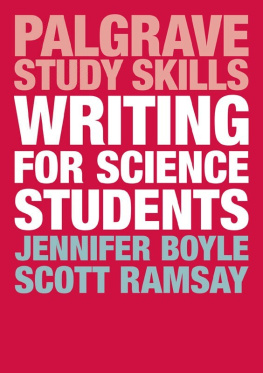
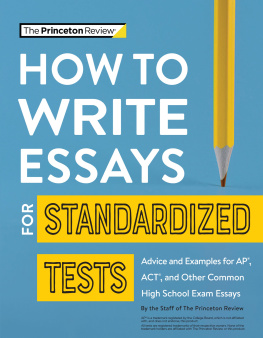

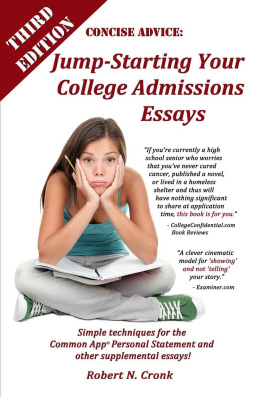
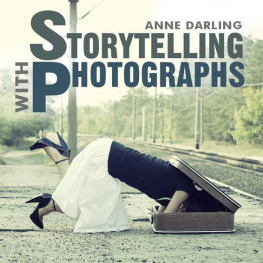



 have a clear idea of what you are being asked to do
have a clear idea of what you are being asked to do